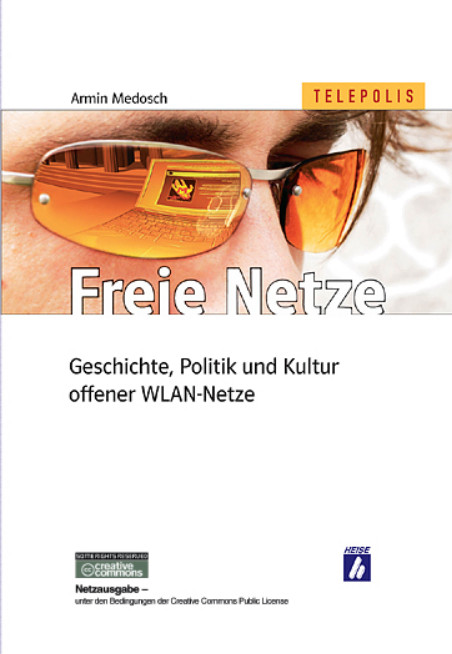Mario Diani, Doug McAdam (eds.): Social Movements and Networks: Relational Approaches to Collective Action (2003)
Filed under book | Tags: · activism, community, environment, networks, politics, social movements

For the first time in a single volume, leading social movement researchers map the full range of applications of network concepts and tools to their field of inquiry. They illustrate how networks affect individual contributions to collective action in both democratic and non-democratic organizations; how patterns of inter-organizational linkages affect the circulation of resources both within movement milieus and between movement organizations and the political system; how network concepts and techniques may improve our grasp of the relationship between movements and elites, of the configuration of alliance and conflict structures, of the clustering of episodes of contention in protest cycles.Social Movements and Networks casts new light on our understanding of social movements and cognate social and political processes.
Publisher Oxford University Press, 2003
ISBN 0199251770, 9780199251773
Length 348 pages
More info (publisher)
More info (google books)
Alexander R. Galloway, Eugene Thacker: The Exploit: A Theory of Networks (2007)
Filed under book | Tags: · internet, network culture, networks, ontology, philosophy, politics, theory

“The network has become the core organizational structure for postmodern politics, culture, and life, replacing the modern era’s hierarchical systems. From peer-to-peer file sharing and massive multiplayer online games to contagion vectors of digital or biological viruses and global affiliations of terrorist organizations, the network form has become so invasive that nearly every aspect of contemporary society can be located within it.
Borrowing their title from the hacker term for a program that takes advantage of a flaw in a network system, Alexander R. Galloway and Eugene Thacker challenge the widespread assumption that networks are inherently egalitarian. Instead, they contend that there exist new modes of control entirely native to networks, modes that are at once highly centralized and dispersed, corporate and subversive.
In this provocative book-length essay, Galloway and Thacker argue that a whole new topology must be invented to resist and reshape the network form, one that is as asymmetrical in relationship to networks as the network is in relation to hierarchy.”
Publisher University of Minnesota Press, 2007
ISBN 0816650446, 9780816650446
196 pages
Reviews: Daniel Gilfillan, Nathaniel Tkacz.
PDF (updated on 2012-7-8)
Comment (0)Armin Medosch: Freie Netze. Geschichte, Politik und Kultur offener WLAN-Netze (2004) [German]
Filed under book | Tags: · internet, media, network culture, networks, open spectrum, politics, wireless networks

“In den letzten zwei, drei Jahren entstand eine Bewegung, welche die klassische Idee der Freenets, der freien Bürgernetze, mit der Technologie für Wireless Local Area Networks (WLAN) zu verwirklichen versucht. Diese freien drahtlosen Bürgernetze, engl. Wireless Community Networks bzw. Free Networks, die gleichzeitig spontan in New York, London, Seattle, Berlin, Hannover und weiteren Städten entstanden sind, bieten sich als alternative Modelle für eine nachhaltige Informationsökonomie an. Interessante Themen – Stichworte mobiler Lebensstil, War-Driving, Netz-Kartographie, Selbstorganisation und Dezentralität – werden aus einer Insiderperspektive spannend und lebensnah vermittelt.”
Publisher Heinz Heise, Hannover, 2004
Creative Commons BY-NC-ND 2.0 DE License
ISBN 3936931100
240 pages
PDF, PDF (updated on 2015-7-23)
Comment (1)
